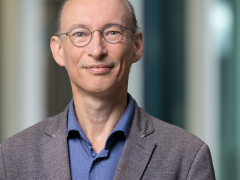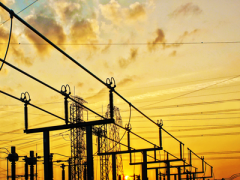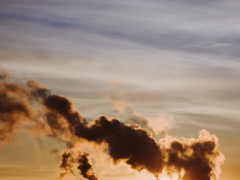Human transformation of the Earth started much earlier than previously thought
Human activity probably started influencing climate already thousands of years ago. Permanent agriculture and livestock herding led to large-scale changes in natural ecosystems. This is concluded in a paper published in Science on 30 August 2019, led by an international, interdisciplinairy team. PBL’s IMAGE/HYDE project also was involved by this study.
The study reveals that even the early hunters and gatherers already caused irreversible changes to nature. They did so by dispersing useful plant and animal species as well as by repeatedly burning natural ecosystems, the early humans changed the landscape around them and indirectly also the atmosphere with the greenhouse gas emissions from these processes.
History Database of the Global Environment
Much of the work at PBL focusses on current and possible future developments and policy options. This requires a good understanding of the past. Therefore, a database containing historical trends of various indicators has been created; the History Database of the Global Environment (HYDE). HYDE was specifically designed to support IMAGE, an integrated assessment model.
Gained insights
Kees Klein Goldewijk, researcher at PBL and Utrecht University in the Netherlands, is one of the co-authors of the publication and developer of the HYDE database. The study published in Science compares HYDE against the expert judgment from local experts, mostly archaeologists. ‘Each time step is like putting together a land-use jigsaw puzzle’, he recalls. ‘We already have certain pieces, but we also still lack many others. In the paper, we show that scientists from other disciplines can add a great deal of new evidence to this puzzle, which in turn substantially improves the HYDE database. Subsequently, the updated HYDE database needs to be fed into climate models’.




